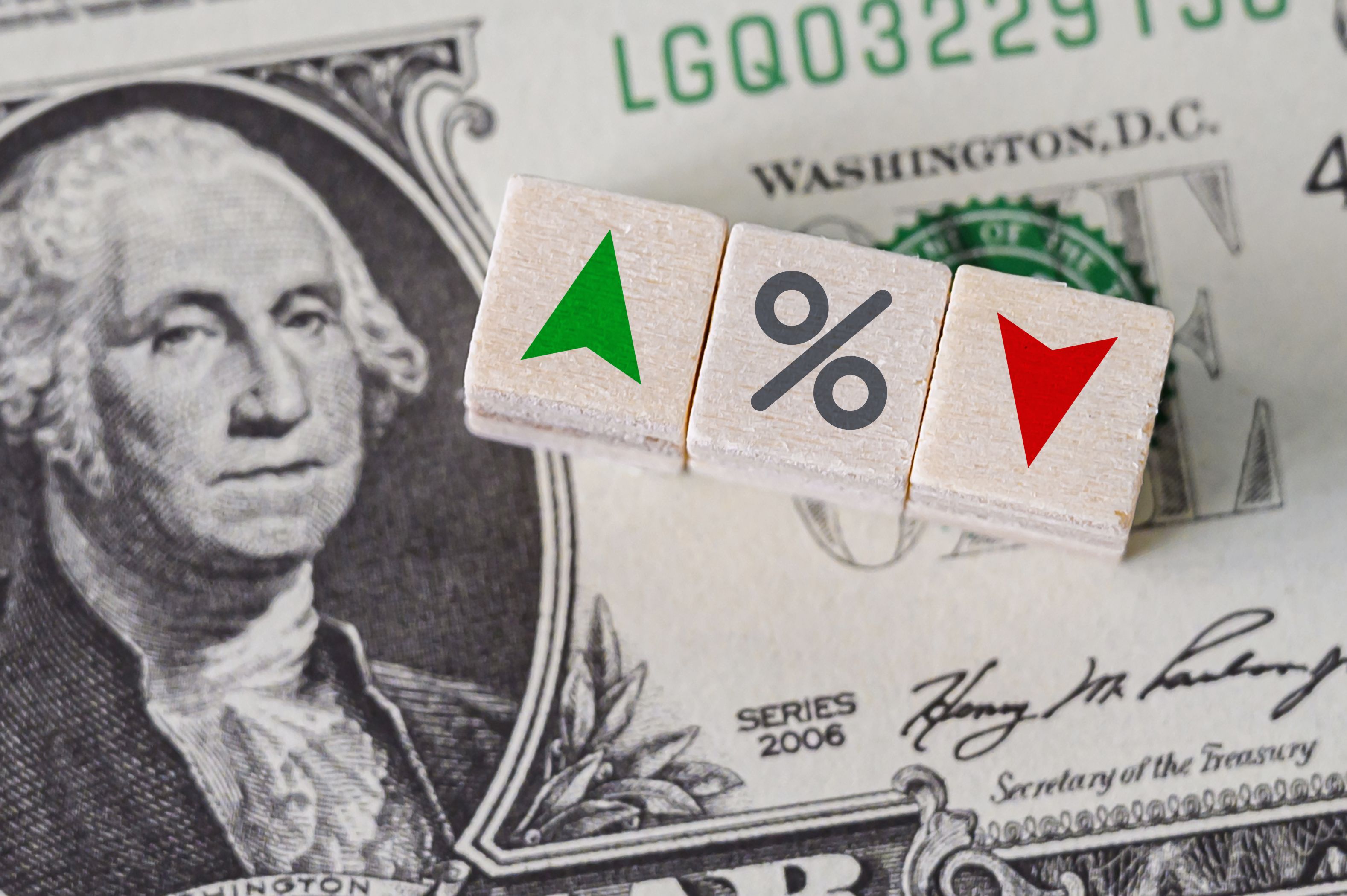 |
|
I detect the same feeling in the air as that in the days leading to the Lehman default.
I remember being almost alone in thinking Lehman would fail, and yet both the market and the Federal Reserve were focusing on last-minute solutions.
There are similarities. Lehman was perceived as being too “difficult” to save. Very few people wanted to help the bank. (We should not forget that Lehman paid a significant premium for funding +100/200 bps in one-week deposits way before 2008.)
Lehman was leveraged 30 to 35x on its balance sheet, and the Greek debt is similarly exposed.
The “morale” risk is also similar, and it comes from the macro-prudential framework of always trying to buy more time, which never works.
The Fed’s plan (regarding Lehman Brothers) was to buy more time as plan A and plan B were “carrot-and-stick-type” solutions. When these blew up, plan C was panic - and no plan. Lehman didn’t have a plan, neither does Greece. Having no plan is not a plan as we are witnessing.
We have difficulty dealing with non-linear movements in markets, hence the hope and belief. But again, let me stress that the biggest risk is bloated VaR (value at risk and correlations). This will produce unintended consequences like the Bulgaria and Romanian bond routs yesterday, Puerto Rico’s likely default, and a higher euro.
The market is chasing “good hedges”, which don’t exist. Trust me: as someone who ran risk and trading through 1992, 1997-1998, 2000, 2008 and 2010/14, there aren't any good hedges – there is only not having the bad positions in the first place when everything goes to a correlation of one.
The failure to secure a last-minute deal should see the Dax head down another 3% to 5% and will explode credit risk to new Eurozone members like Hungary, Croatia, Bulgaria, and Romania. Even Poland should feel headwinds.
My advice of taking a six-month holiday from markets, unfortunately looks like good counsel.
From where I sit in Shanghai, the market here is nervous ahead of market opening. We are down 22% from the 2015 peak.
Meanwhile, Syriza keeps playing games – in a situation where a nation is on the brink of civil unrest and shortages of petrol, euros and food.
Are you beginning to understand why I disapprove of macro and politicians?
Steen Jakobsen is chief economist at Saxo Capital Markets









